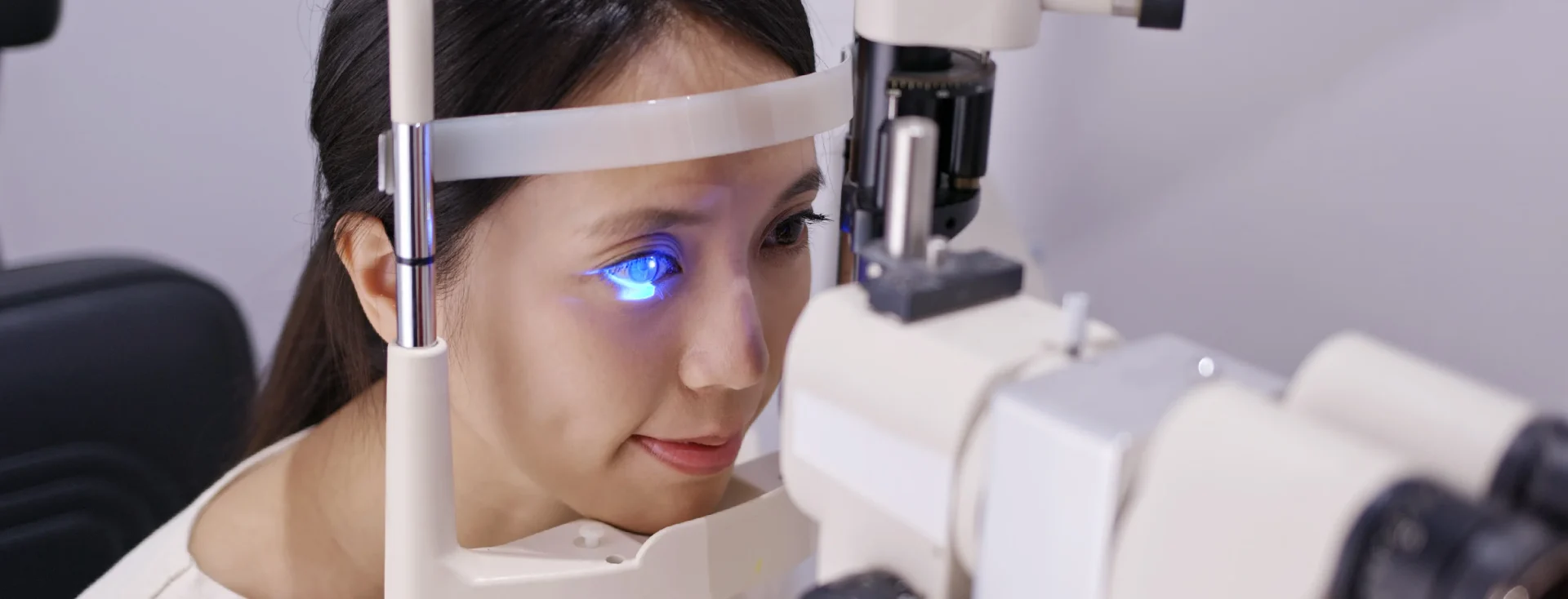
20 Aug The Most Common Myths Surrounding Glaucoma
The Most Common Myths Surrounding Glaucoma
By Island Hospital | Aug 20, 2019 10:31:55 PM
If you or someone close to you is diagnosed with glaucoma, or another eye condition, you may try to learn about the disease. However, you cannot believe everything you hear or read. Glaucoma, which is a condition that causes increased intraocular pressure and could lead to vision loss, is surrounded by certain misconceptions. Glaucoma is a group of eye diseases that cause progressive damage of the optic nerve at the point where it leaves the eye to carry visual information to the brain. Glaucoma is the second most common cause of blindness worldwide. It is estimated that 4.5 million persons globally are blind due to glaucoma1 and that this number will rise to 11.2 million by 2020.

There is truth to this statement since the risk of glaucoma increases with age. That being said, however, all ages can be diagnosed with this condition, including newborns. While it is true that those in advanced ages bear a higher risk for the disease, both age groups may also suffer from an eye condition that can lead to secondary glaucoma.
Glaucoma is sneaky because this condition does not manifest until after it has already reached its moderate to severe stage. One reason for this is that when there are problems with the peripheral vision of one eye, the other eye compensates for it. Undergoing a comprehensive eye exam helps detect glaucoma in its early phase.
Elevated eye pressure is a risk factor for developing glaucoma, but some types of glaucoma occur without high eye pressure. Similarly, not everyone with high eye pressure will develop glaucoma. Obtaining treatment for high eye pressure can decrease your risk of developing glaucoma, so take any treatments prescribed by your ophthalmologist, like eye drops, seriously.
While the cure for glaucoma has yet to be found, patients should still visit their ophthalmologist annually to screen for the disease and its warning signs. By being proactive, sufferers of glaucoma can delay the process of vision deterioration and protect against vision loss. Those with elevated risk factors should be especially diligent to stay on top of eye health. There are treatment options available that can help slow its progression. They range from medications to lasers and surgeries that aim at reducing the chances of developing damage in your visual field. Your eye doctor can work with you to find the most suitable solution to combat potential vision loss.
There are very few noticeable symptoms in earlier stages. By the time many patients realize that they are experiencing vision loss, they are often in more advanced stages. Some people may not notice when their peripheral vision starts to decrease because their other eye compensates. In other words, you may not notice or have symptoms, but you could still have glaucoma.
By proactively visiting your ophthalmologist for comprehensive eye exams, you can protect your vision and eye health.
Visit Island Hospital today to have your eyes assessed for glaucoma or other vision-related problems. We provide comprehensive eye care services for all ages. If you have more questions about glaucoma, or want to schedule an eye exam, please visit our website. Our friendly staff at Island Hospital is happy to answer any questions you may have and help you maintain lifelong vision.
Read more about Glaucoma and World Health Organization







